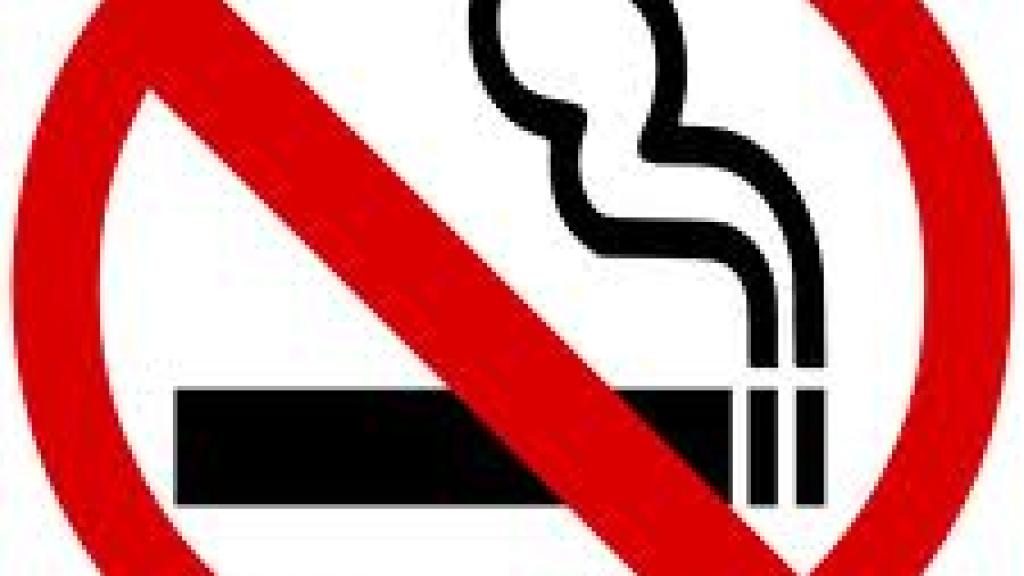
Tobacco treaty failure hinders efforts to cut smoking death rate
Tobacco industry target: recruit 50 new smokers per day
World No Tobacco Day, Thurs, 31 May
The State’s failure to adhere to key sections of an international convention it signed to reduce tobacco industry influence over Irish health policy is frustrating efforts to cut our annual toll of 5,200 smoking-related deaths, health charities warned today. On World No Tobacco Day, the Irish Heart Foundation and Irish Cancer Society said that although Ireland endorsed the World Health Organisation’s Framework Convention on Tobacco Control (FCTC) seven years ago, many elected representatives and senior civil servants appear to be unaware of its existence. The treaty aims to curb the huge lobbying power of the multi-billion euro tobacco industry by demanding transparency in all industry meetings with Government and restricting contact to regulatory matters, rather than issues such as tobacco taxation policy which is internationally regarded as the main weapon available to Governments to reduce smoking rates. “For years the tobacco industry across the world has marketed its killer products to children, deceived the public about the harmful effects of tobacco use and fought policies designed to reduce tobacco use and save lives,” said Irish Heart Foundation Chief Executive, Michael O’Shea. “That is why Ireland signed the treaty, but outside the Department of Health awareness of this convention within Government is extremely low. As a result the industry has been able to influence Government on a multiplicity of non-regulatory issues, as well as lobbying individual TDs and Senators through public affairs companies and organisations it finances, such as Retailers Against Smuggling and Forest Eireann. We believe this is reducing the power of those working in Government to save lives by reducing smoking rates.” In Ireland typical tactics include hiring lobbyists to influence policy, using front groups and allied industries to oppose tobacco control measures, launching costly legal cases, pre-empting strong legislation by pressing for the adoption of weaker laws and using scientific and other expertise to create controversy about established facts. Freedom of Information requests have revealed that the industry has even lobbied the Department of the Taoiseach about its concerns over the FCTC. However, its greatest success in recent years was to convince the previous Government that higher taxation on cigarettes would increase the smuggling epidemic and then to put up its own prices when tax was frozen – effectively transferring revenue from the Exchequer to their own profits.” Said Irish Cancer Society Chief Executive John McCormack: “At over $35 billion a year, the profits of the six biggest tobacco firms are the same as those of Coca Cola, Microsoft and McDonald’s combined. Big tobacco companies can afford to hire the best lawyers and PR firms that money can buy. They can speak louder than any moral, ethical or public health argument and can override even the most damning scientific evidence.” The tobacco industry is also increasingly using its huge financial muscle to bully national Governments into backing away from tobacco control legislation. A tobacco company is currently supporting a shop owner to sue the Irish Government over the ban on the display of tobacco products in retail stores. Internationally, big tobacco firms are now enlisting national Governments to challenge tobacco control laws – providing legal support to Ukraine and Honduras, which recently launched complaints at the World Trade Organisation against Australia’s new law banning logos and other ‘branding’ on tobacco packages. “It’s crucial that our Government is willing and able to stand up to the financial might of the tobacco industry,” added Mr McCormack. “Tobacco executives put profits before people’s health. They have nothing of any merit to say to Government on anything except very narrow issues around the regulation of the industry and proper implementation of the spirit of the FCTC would hold them to that. “The tobacco industry needs to recruit 50 new smokers every day to maintain its profit levels by replacing the people their products kill and those who manage to quit. Their actions are materially reducing the power of the State to protect its citizens and so must be stopped.” In addition to implementing the FCTC, the Irish Heart Foundation and Irish Cancer Society believe there is an opportunity to address the lack of transparency in contact between the tobacco industry and Government in the new Register of Lobbyists Bill.
